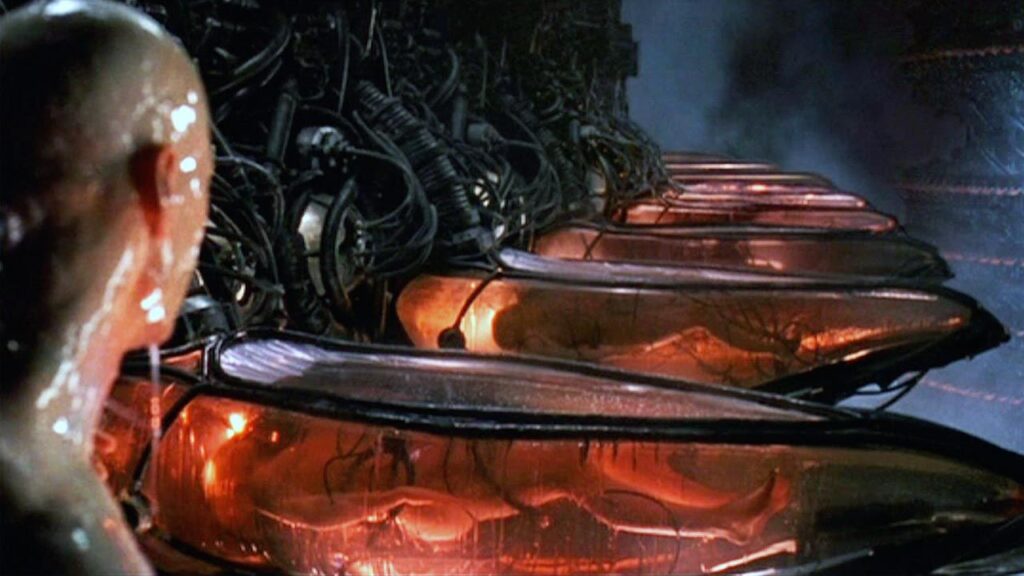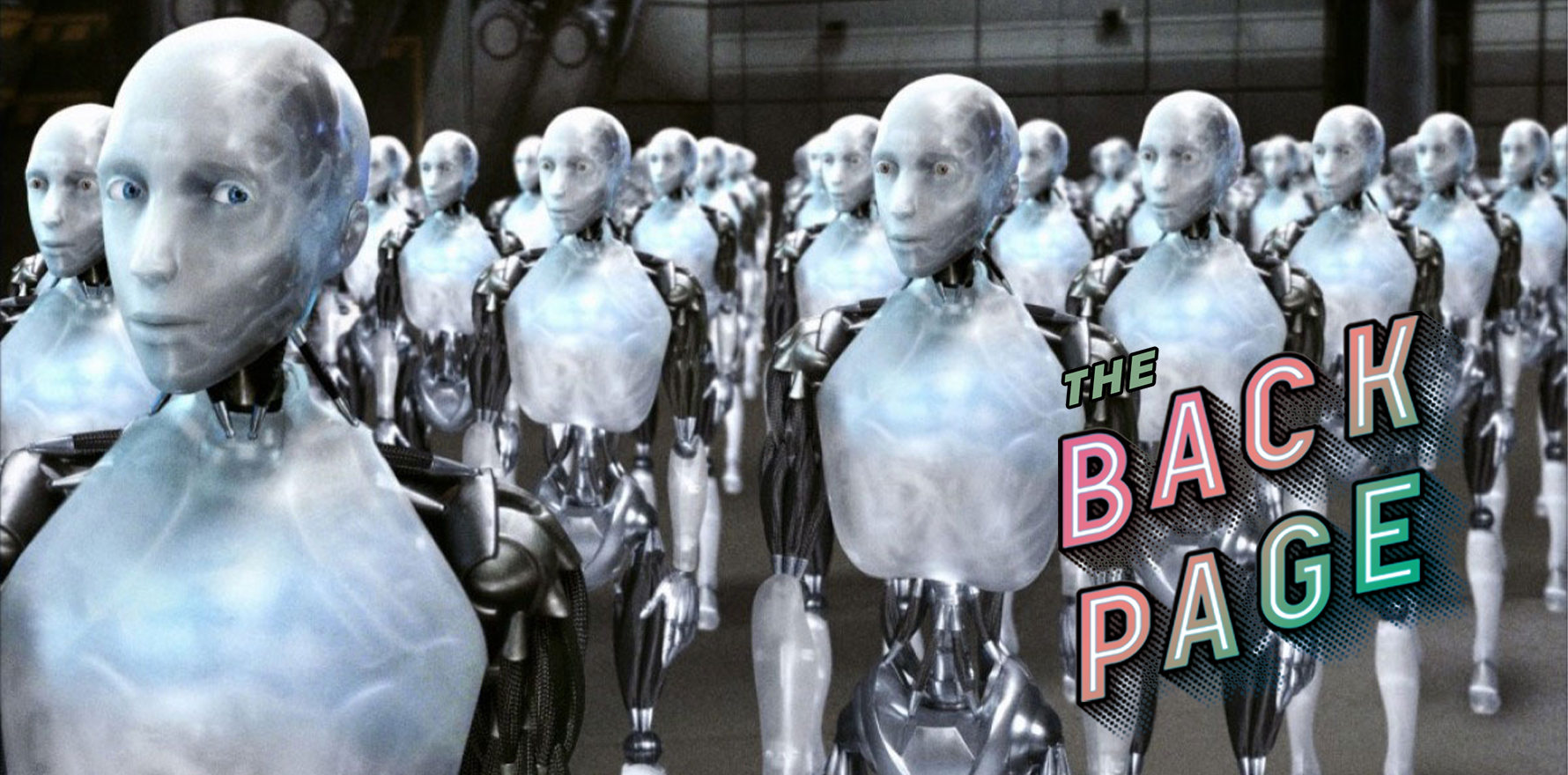Do identical twins creep you out? According to a recent Japanese study, you're not alone.
Do identical twins creep you out?
Well, that’s rude. But according to a recent Japanese study, you’re not alone.

Inspired by recent advancements in robot technology, researchers from Kyushu University, Ritsumeikan University and Kansai University were curious as to what psychological effect mass-produced, humanoid robots might have on wider society.
Because if science fiction has taught us anything, it’s that human / android integration never goes smoothly.

This study is specifically interested in the “mass-produced” part, asking whether the appearance of multiple, seemingly identical humans has an innately negative effect on our brains. To test this, researchers conducted six tests with hundreds of participants that gauged their emotional reaction to images of “clones”.
The first experiment asked participants to rate the eeriness, emotional valence, and realism of a photoshopped photograph of six people with identical faces, six people with different faces, and one individual person. The second involved rating another set of clone images and non-clone images, while the third consisted of rating clone and non-clone images of dogs. The fourth experiment involved rating clone images of two sets of twins and then rating clone faces of twins, triplets, quadruplets, and quintuplets. The fifth experiment involved clone images of cartoon characters. And the sixth experiment asked participants to evaluate the eeriness and realism of a different set of clone and non-clone images while also reporting their level of disgust on a revised scale.
Across the board, participants found images of multiple human individuals with identical faces to be the most disturbing, with images of dogs and cartoon characters apparently of less concern. According to lead author Dr. Fumiya Yonemitsu, this suggests that “the duplication of identity, that is the personality and mind unique to a person, rather than their facial features, has an important role in this effect”.
Essentially, we subconsciously equate the human face with individual identity, which is why we find clones uniquely creepy.
The study concludes that “uncomfortable situations could occur due to the rapid development of technology. But we believe our findings can play an important role in the smooth acceptance of new technologies and enhance people’s enjoyment of their benefits.”
Which sounds suspiciously like something The Terminator would say.
If you see something eerie, say something. Send an email to felicity@medicalrepublic.com.au.


